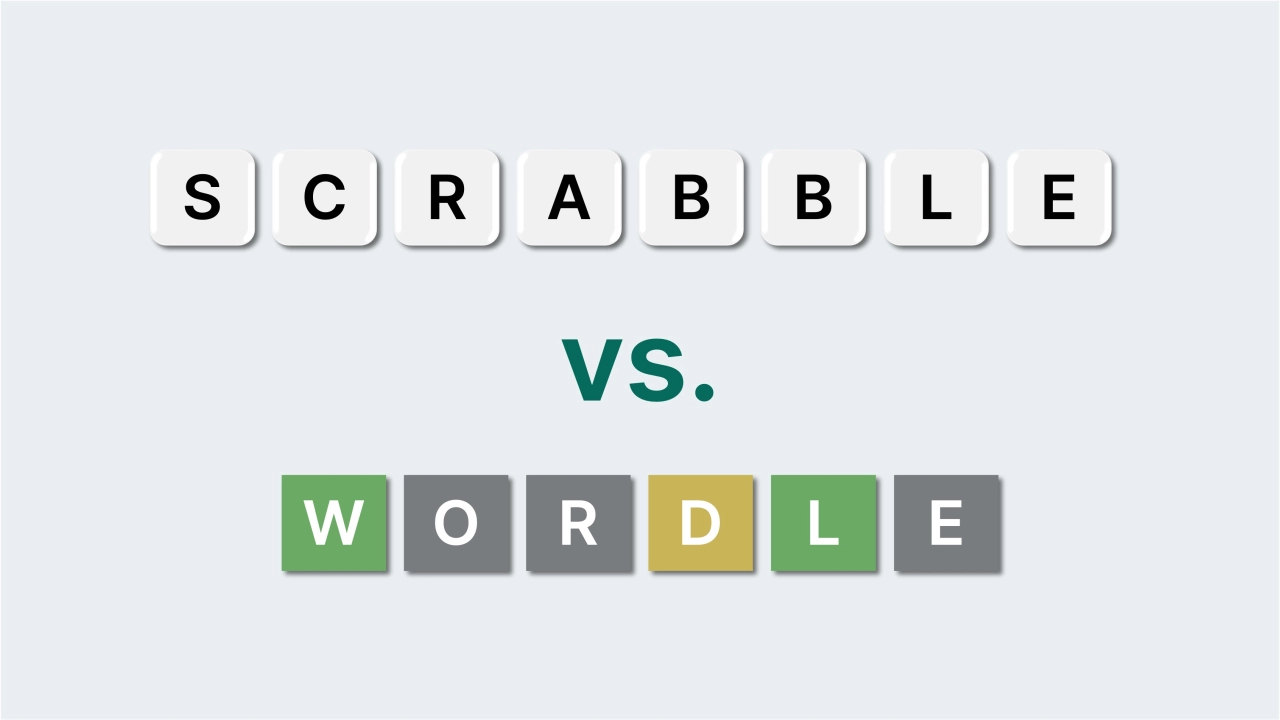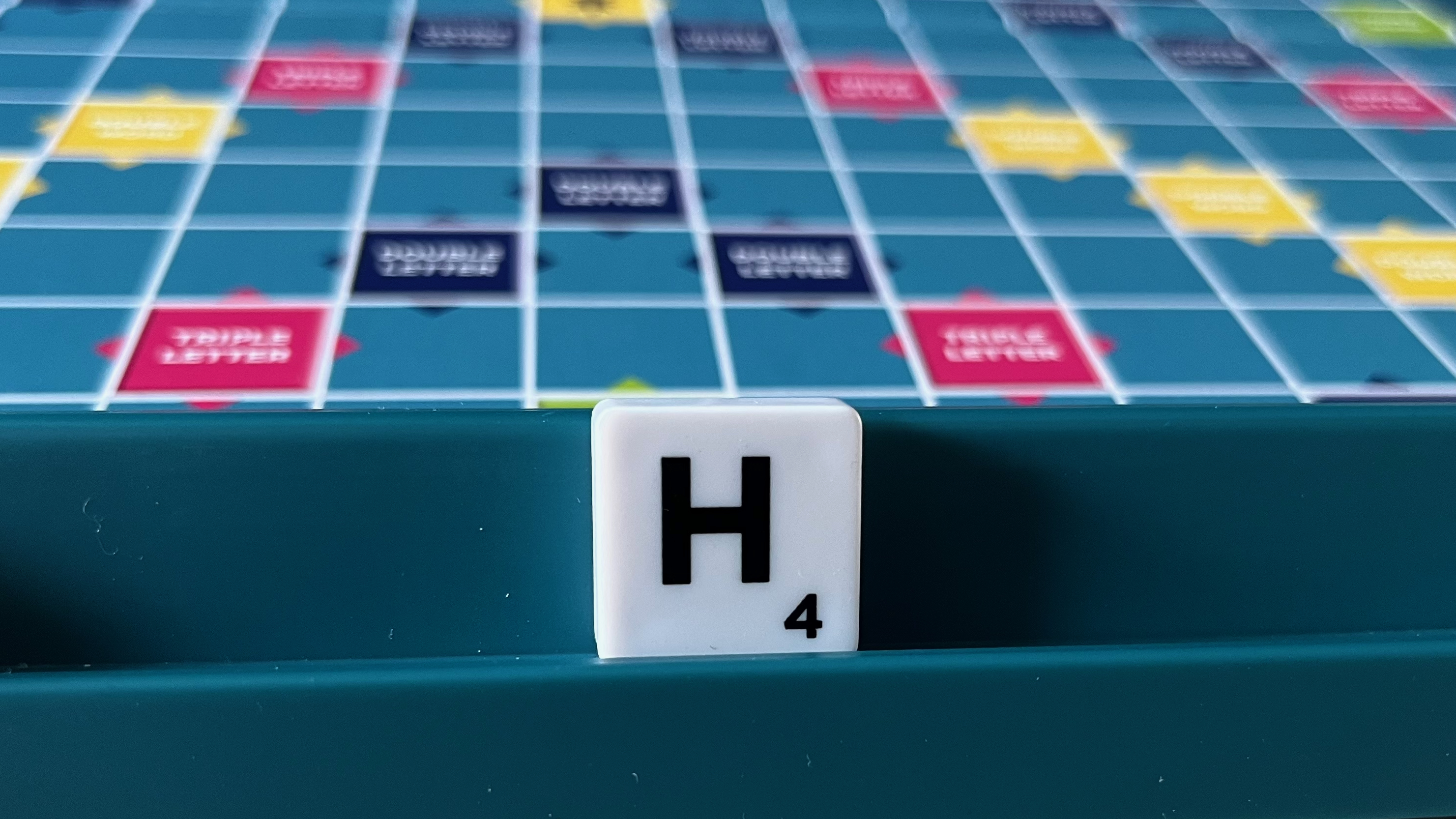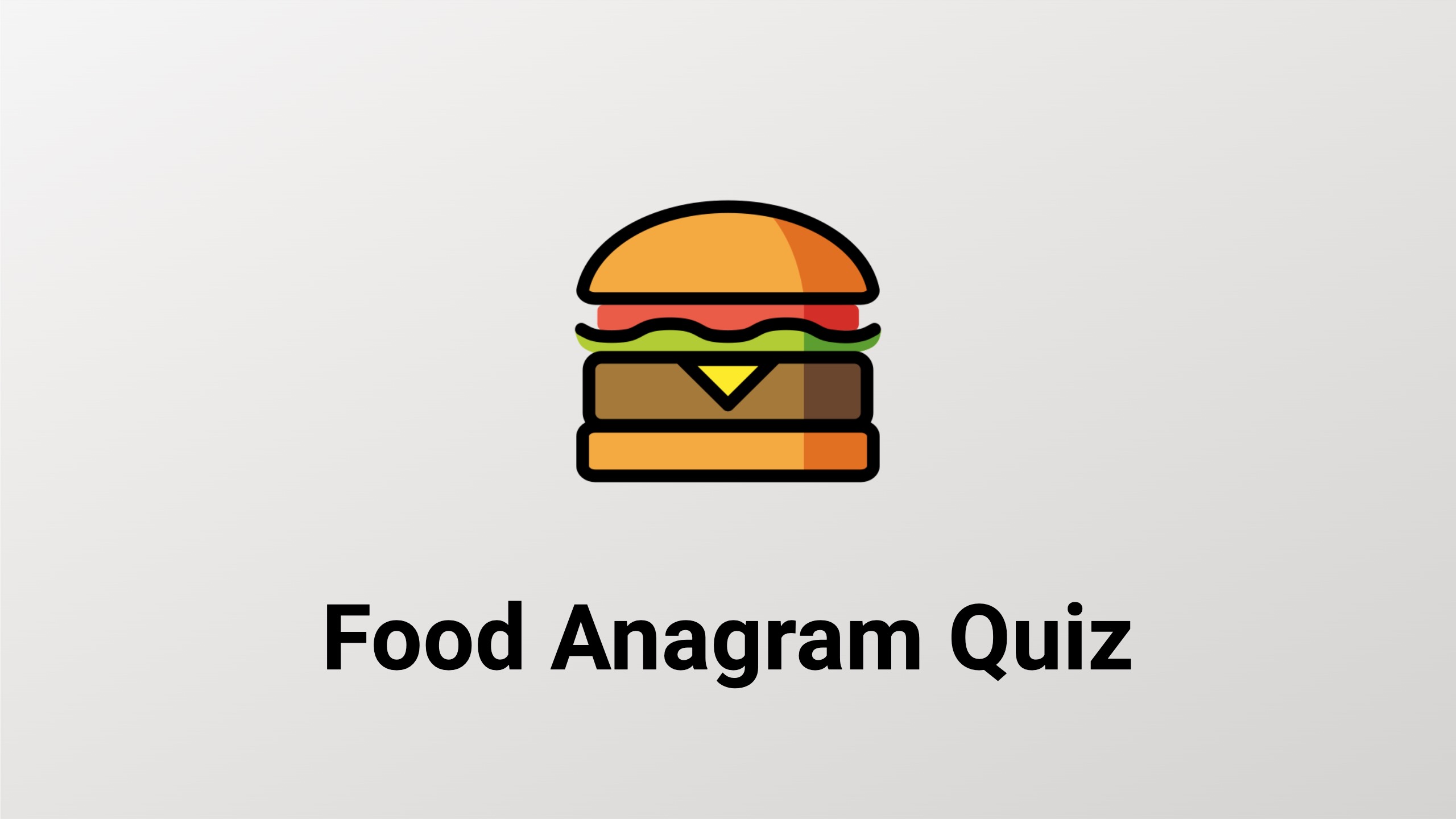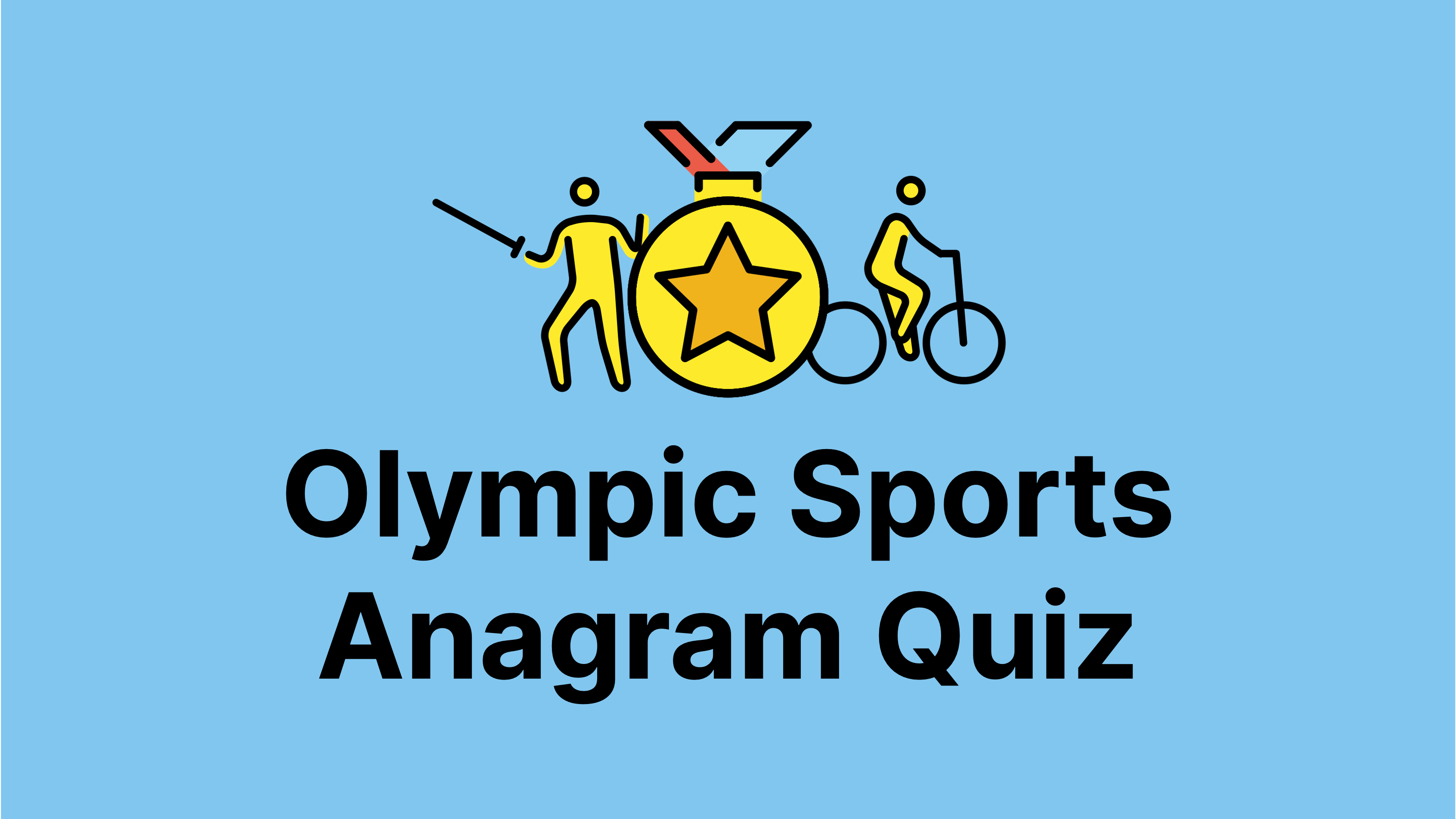Scrabble and Wordle are two of the world’s most popular and well-known word games of all time. Join us as we explore their similarities and differences in this article.
In this article
- What is Scrabble?
- What is Wordle?
- Scrabble Gameplay
- Wordle Gameplay
- Gameplay Comparison
- Where Can I Play Scrabble and Wordle?
- Summary
What is Scrabble?
Scrabble is a classic board game enjoyed by millions of people worldwide where players make words from letter tiles each round on the game board.
The game was originally invented by Alfred Mosher Butts in the early 1930s. However, it wasn’t until the 1950s that Scrabble gained traction to become the popular game we know it as today. Scrabble became a hit from the start with 4 million Scrabble sets being sold in 1954 alone.
Today Scrabble is produced by Hasbro in the United States and Canada, and Mattel throughout the rest of the world. It’s seen various spin-off versions over the years such as the Scrabble GO which brings the game to mobile.
What is Wordle?
Wordle is a word guessing game which gained explosive popularity in 2021 - 2022. A couple of years on it remains highly popular today having attracted many new players to the word game scene.
The overall idea behind the game is very simple, in that players get up to 6 opportunities to guess a pre-selected 5-letter word. Each day at midnight a new word is released for players to guess.
The game was originally developed by Josh Wardle in late 2021 who solely ran the game. It was later acquired by The New York Times which still owns and operates the game online today.
It can be played online directly from The New York Times Wordle Website.
Scrabble Gameplay
In Scrabble, the game starts with 100 letter tiles in a bag from which players draw 7 at a time. Players take turns forming words on a 15 x 15 game board. Words must be acceptable in a Scrabble dictionary and always connect to each other from the starting square.
The words players create are scored according to the points value of tiles which ranges from 10 points for difficult letters like “Q” to 1 point for vowels like “E” or “A”. Additionally, bonus squares on the board like 2 or 3-times multipliers add a strategic element to gameplay.
Eventually, the letter tiles run out and the game ends. A winner is declared based on the overall score from all their turns.
Wordle Gameplay
The basic concept of Wordle is to guess a predetermined 5-letter word. Players have only 6 opportunities to guess the word, after which they have essentially failed. But not to worry, as they can simply come back the next day to try again as the daily word is updated at midnight each day.
Whilst guessing the game gives visual hints to players if they’re on the right track. Grey letter tiles mean a letter is not in the word and yellow tiles indicate the letter is in the word but the player guessed the wrong spot. Whereas green tiles mean the player guessed a letter correctly.
Wordle has a win-loss outcome. Either the player guesses the word within 6 turns and wins, or they fail to get the correct word and the game is over.
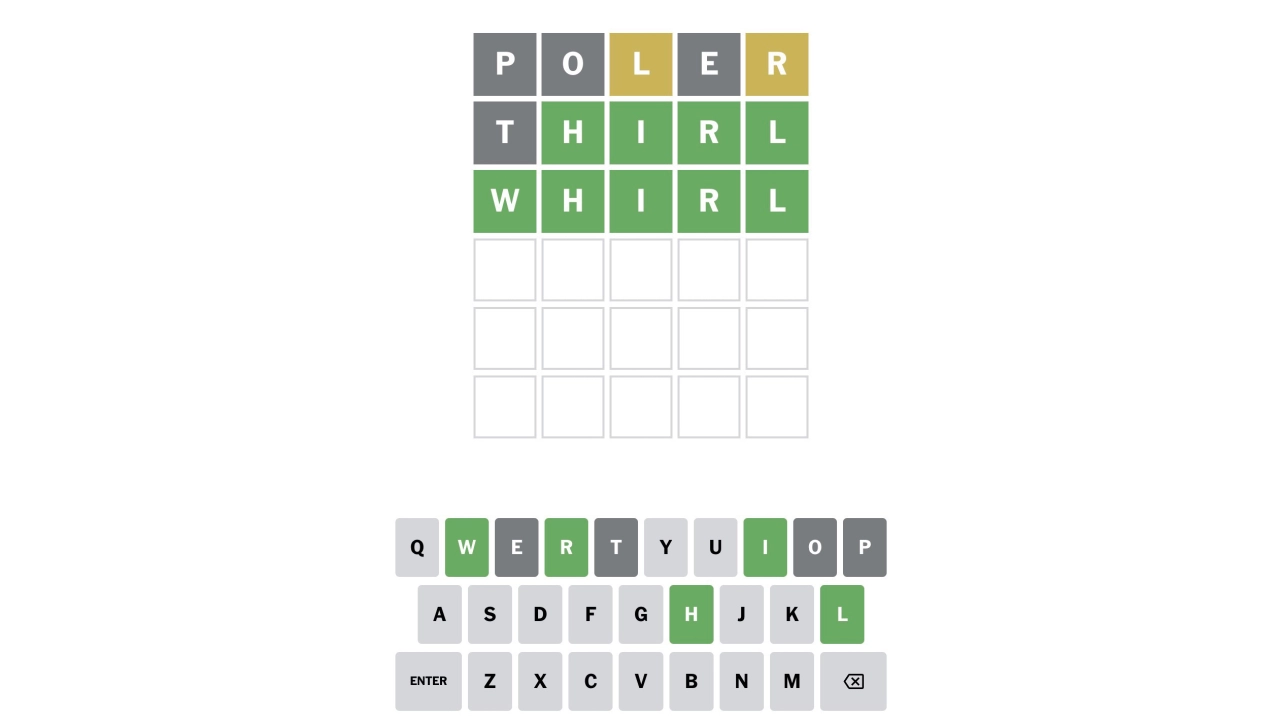
Gameplay Comparison
The main difference between Scrabble and Worlde’s gameplay is that Scrabble is a long game involving additional complexity through rounds and scoring, whereas Wordle is a short 6-round game with minimal rules and game mechanics.
Comparison Overview
| Metric | Scrabble | Wordle |
|---|---|---|
| Complexity | Medium | Low |
| Time | Long | Short |
| Players | 2 - 4 | 1 |
| Word Count | 180,000+ | 2,000+ |
| Outcome | Score based | Win-loss |
Complexity
Compared to Wordle, Scrabble is much more complex. Scrabble involves a more detailed rule set, scoring mechanics, and will see players in some cases make up to hundreds of words per game. In comparison, Wordle involves just a single word and 6 guesses with very minimal rules and guidance needed.
Time
Those looking to play a game of Scrabble should realistically leave at least 30 - 60 minutes of free time to complete a game. With 100 letter tiles available many words can be formed per game meaning you should settle in the long haul. Whereas, Wordle is typically a very short game that can be completed between 1 - 5 minutes (maybe even quicker if you’re a pro).
Players
Scrabble game sets have space for 2 - 4 players to get involved. Wordle on the other hand is only a single-player game that involves you guessing the word.
However, even though Wordle is a single-player game, it is great for sharing with friends and family on social media because of its emoji grid.
Word Count
Each game uses a dictionary of words to keep a record of all possible solutions. In Scrabble, this will vary depending on the country you’re from. In the United States and Canada, the NASPA Word List is commonly used which contains around 180,000 words. Whereas, in other regions the Collins Scrabble Words list is used instead. This list is more comprehensive and has around 280,000 words.
Yet again, Wordle is much simpler as it only uses 5-letter words (whereas Scrabble words can be 2 - 15 letters long). Wordle’s Wikipedia page reports this means there are only approximately 13,000 total words to choose from in the English language, however, Wordle uses a much smaller list of 2,309 words.
Outcome
In a game of Scrabble, the outcome is decided based on players’ scores from the words they played throughout the game. At the end of a game, each player’s score is summed up and whoever has the most points is declared the winner. As touched on previously, Wordle is a win-loss outcome. Such that if the player guesses the word correctly they win, otherwise they lose.
Where Can I Play Scrabble and Wordle?
As Scrabble is an in-person board game to play it you must first own a game set. Scrabble sets are relatively inexpensive, being prices around $10 - $30 at most major retailers.
A free alternative for those not looking to buy a board is to download the Scrabble GO app where you can play against online players on a mobile device.
Wordle is free to play on The New York Times website here.
Summary
Scrabble and Wordle share many similarities as word games, but also many differences in their gameplay and rules. It’s impossible to definitively say one is better than the other, so why not play both?
Did you find this article helpful?
